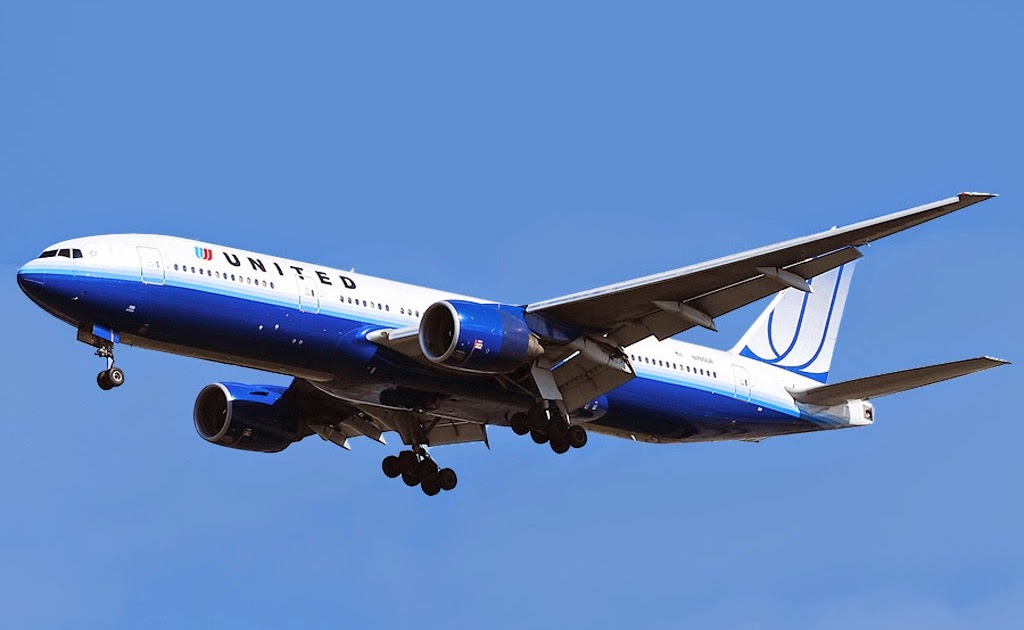On a weekday in Kampala, people line up early outside the embassies of European countries. Last year, almost 18,000 Ugandans joined these queues, according to an analysis by the Lago Collective. This year, I was one of them, folder in hand, hope in check.
Typically, those folders contain bank statements, proof of visa payment, job contracts, medical records, photos of family members, land titles, academic transcripts, flight reservations and detailed itineraries — each one meant to prove stability, legitimacy and belonging.
After paying to apply for a Schengen visa — which allows free travel between some 29 European countries for a limited time period — 36% of those Ugandans were rejected. Why? Mostly because embassy officials doubted the applicants would return home.
Each applicant must pay €90. That added up to more than €1.6 million that Ugandans paid Schengen countries last year, more than half a million of which was from applicants who ended up rejected.
The collective wager lost by Ugandan applicants was part of an estimated €60 million spent in Africa last year on Schengen visa applications that led nowhere. In fact, Africa alone accounted for nearly half of the €130 million the world paid in failed bids to enter the Schengen zone.
The Schengen gate
Tucked behind those numbers lies a quieter cost: missed opportunities for work or travel and the often-overlooked spending on legal consultations or third-party agencies hired to improve one’s chances. But more tellingly, there is a perception problem — wrapped in geopolitics and sealed with a stamp of denial.
“It’s like betting,” says Dr. Samuel Kazibwe, a Ugandan academic and policy analyst. “Nobody forces you to pay those fees, yet you know there are chances of rejection.”
One such story belongs to Fred Mwita Machage, a Tanzanian executive based in Uganda as human resource director at the country’s transitioning electricity distribution company. Machage thought he was just booking a summer getaway — a chance not only to unwind, but to affirm that someone like him, who had worked in Canada, had traveled to the United States and Great Britain, and, if you checked his profile, was “not a desperate traveler,” could move freely in the world. That belief, like the visa itself, did not survive the process.
He had planned a trip to France the past April. Round-trip tickets? Booked. Five-star hotel? Paid. Travel insurance? Secured. A $70,000 bank statement and a letter from his employer accompanied other documents in the application.
“They said I had not demonstrated financial capability,” Machage recalled, incredulous. “With my profile? That bank balance? It felt like an attack on my integrity.”
Worse, the rejection wasn’t delivered with civility: “The embassy staff were rude,” he said. “And they weren’t even European — they were African. One of the ladies looked like a Rwandan. It felt like being slapped by your own.”
Banned from travel
For Machage, the betrayal was not just bureaucratic — it seemed personal. He estimates his total loss at nearly $12,000, including tickets, hotel deposits, agent fees and visa costs. While he hopes for a refund, it’s understood that most travel agents don’t return payments; instead, they often suggest that you travel to a visa-free country.
That will likely get more difficult to do. This month, U.S. President Donald Trump issued a sweeping travel ban targeting twelve countries — seven in Africa. Somalia, Sudan, Chad and Eritrea faced full bans; Burundi, Sierra Leone and Togo, partial restrictions. The official reasons included high visa overstays, poor deportation cooperation from the home countries and weak systems for internal screening. And it ordered all U.S. embassies to stop issuing visas for students to come to the United States for education, although U.S. courts are considering the legality of that order.
For Machage, the rejection left him with a lingering sense of humiliation, though he found some small relief in a LinkedIn post where hundreds shared similar tales of visa rejection.
“I realised I wasn’t alone,” he said, “But the process still left me feeling worthless. Sorry to mention, but it’s a disgusting ordeal.”
I know exactly how Machage feels.
How to prove you will return home?
When I applied for a visa to the United Kingdom, I too was rejected. The refusal read:
“In light of all of the above, I am not satisfied as to your intentions in wishing to travel to the UK now. I am not satisfied that you are genuinely seeking entry for a purpose that is permitted by the visitor routes, not satisfied that you will leave the UK at the end of the visit.”
The “I am” who issued the rejection did not sign their name. Perhaps they knew I’d write this article and mention them. How easily the “I am” dismissed my ties, my plans, my story. Meanwhile, my British friend who had invited me was livid.
“It felt like they were questioning my judgment — about who I can and cannot welcome into my own home,” she said. She was angry not just on my behalf, but because she felt disregarded by her own government.
Captain Francis Babu, a former Ugandan minister and seasoned political commentator, doesn’t take visa rejections personally. He said the situation is shaped by global anxieties over the scale of emigration out of Africa into Europe that has taken place over the past decade.
“Because of the boat people going into Europe from Africa and many other countries and the wars in the Middle East, that has caused a little problem with immigration in most countries,” he said.
Needing, but rejecting immigrants
The issue is complicated. Babu said that these countries depend on the immigrants they are trying to keep out. In the United States, for example, farms depend on low-cost workers from South America.
“Most of those developed countries, because of their industries and having made money in the service industry, want people to do their menial jobs. So they bring people in and underpay them,” Babu said.
For Babu, even the application process feels unfair. “Even applying for the visa by itself is a tall order,” he said. “There are people here making money just to help you fill the form.”
While Babu highlights the systemic hypocrisies and challenges, others, like Kazibwe, see hope in a different approach — one rooted in political and economic organisation. Where people enjoy strong public services and can rely on a social safety net, there tends to be low emigration so countries are less hesitant to admit them.
“That’s why countries like Seychelles are not treated the same,” he explains. “It’s rare to see someone from Seychelles doing odd jobs in Europe, yet back home they enjoy free social services.”
For Kazibwe, the long-term fix is clear: “The solution lies in organising our countries politically and economically so that receiving countries no longer see us as flight risks,” he said.
Perhaps that is the hardest truth. Visa rejection is not just an administrative outcome, it’s a mirror: a verdict not simply on the individual but on the nation that issued their passport.
Back at the embassies, the queues remain. Young Ugandans, Ghanaians and Nigerians — some with degrees, others with desperation — wait in line, folders in hand, their hopes in check. And every rejection carries not just a denied trip, but a deeper question:
What does it mean when the world sees your passport and turns you away?
Questions to consider:
1. Why are so many Ugandans getting denied travel visas to Europe?
2. Why do some people think that the visa and immigration policies of many Western nations are hypocritical?
3. If you were to travel abroad, how would you prove that you didn’t intend to stay permanently in that country?


